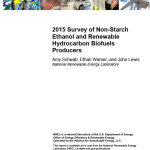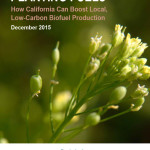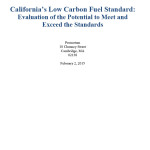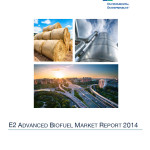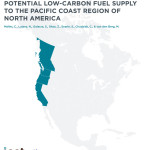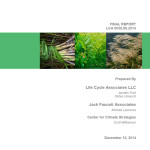How is the LCFS leading to clean energy innovation and fuel diversification?
In California, our low carbon fuel standard recently received a significant boost. The Ninth Circuit Court of Appeals upheld the standard by rejecting that the fuel standard violates the Commerce Clause. Since then, the market certainty of the LCFS has increased, with oil companies securing both longer-term offtake agreements with low carbon fuel providers and the carbon-reduction properties of fuel products clearly translating to value in the marketplace.
Value to low carbon, alternative fuel producers:
The recent announcement by Clean Energy to capture waste biogas being emitted from landfills and livestock farms for use in natural gas trucks and buses has been, in part, possible through the value created by the LCFS. Offering a reduction level of about 90% versus diesel, the biogas represents a very clear way of reducing emissions. But projects have been hard to jumpstart, mainly because fossil-based natural gas and the fracking boom has sent natural gas prices plummeting. Programs like the LCFS are helping alternative fuel producers innovate and invest in developing non-fossil based as well as renewable fuel supplies.
Helping alternative fuel consumers and fleets save money at the pump and be cleaner:
Transit, commercial fleets, and everyday consumers running an alternative fuel vehicle can save money at the pump. Electric vehicle drivers can save about $1,000 a year by filling their “tank” with electricity, compared to a new compact vehicle on gasoline at $4.05/gallon.
What does that the LCFS help buy you?
First, it buys you the first step on a long path towards fuel price stability. If we want better control over fuel price volatility, we need competition from sources not dependent on the world price of crude oil. Increased competition, especially from varied, domestic and renewable sources, will not allow events in distant countries or political systems to impact the price we pay here.
Second, it buys domestic jobs. Last year E2’s advanced biofuel market report found that for every million gallons of new biofuel production, we would create 2.4 direct, long term jobs.
Finally, it buys environmental benefits. California has some of the worst air quality in the nation. How can we afford not to clean our air and reduce the health impacts of pollution?
Filed in: Blog • Mary Solecki







